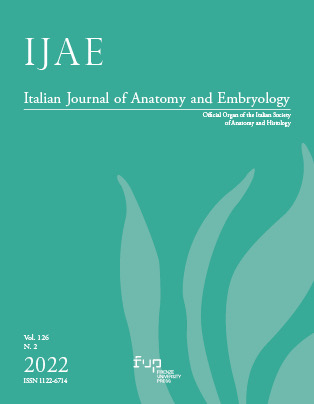Published 2022-12-27
Keywords
- colorectal cancer,
- chemotherapy,
- chemoresistance,
- autophagy,
- chloroquine
How to Cite
Abstract
Colorectal cancer (CRC) is the third most frequent cancer. The first-line adjuvant or neoadjuvant chemotherapy is represented by 5-fluorouracil (5-FU) but its application is limited due to induction of chemoresistance. Recent studies showed that the 5-FU resistance in CRC is closely related to the activation of autophagy. During human carcinogenesis, autophagy has been demonstrated to play opposite roles of inhibitor or promoter of malignant progression depending on initial or advanced stages of growth. Currently, the autophagy inhibitor chloroquine (CQ) and its derivate, hydroxychloroquine (HCQ), are the only Food and Drug Administration (FDA)-approved drugs for clinical use. This review summarizes recent findings on the possible employment of autophagy inhibitors to overcome chemoresistance engaged in the CRC.


